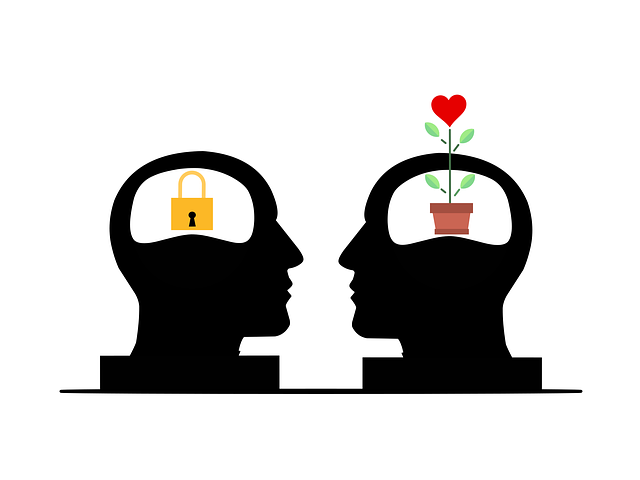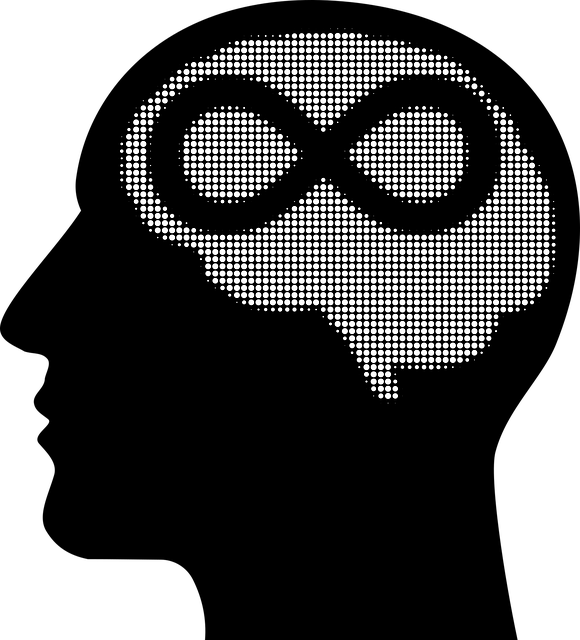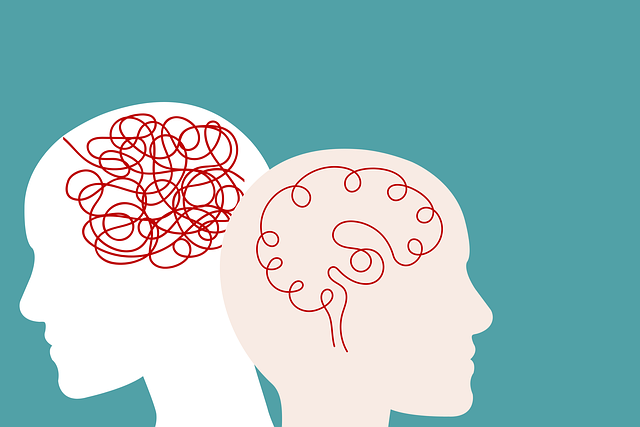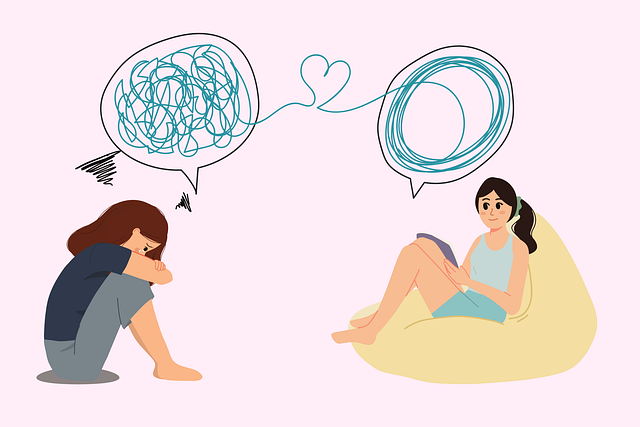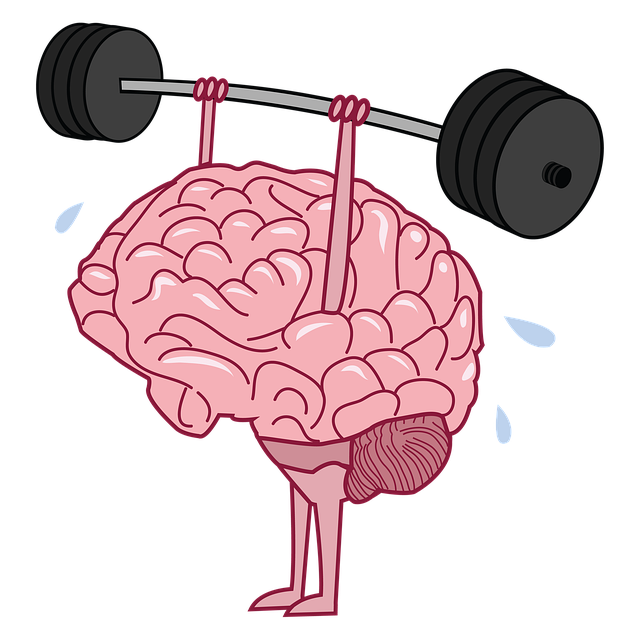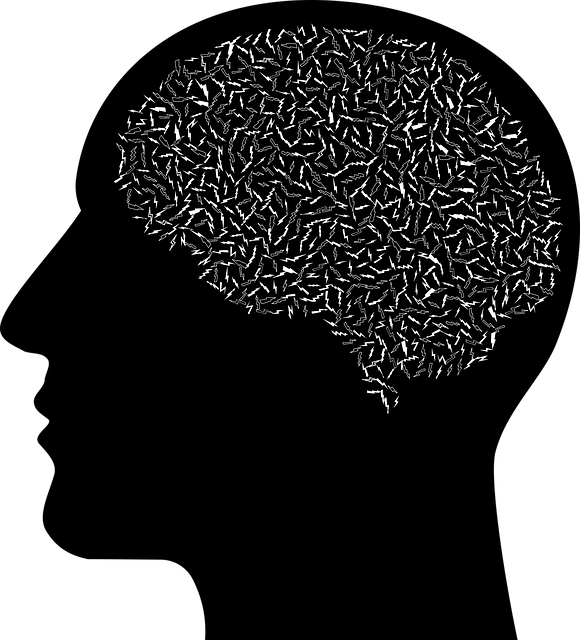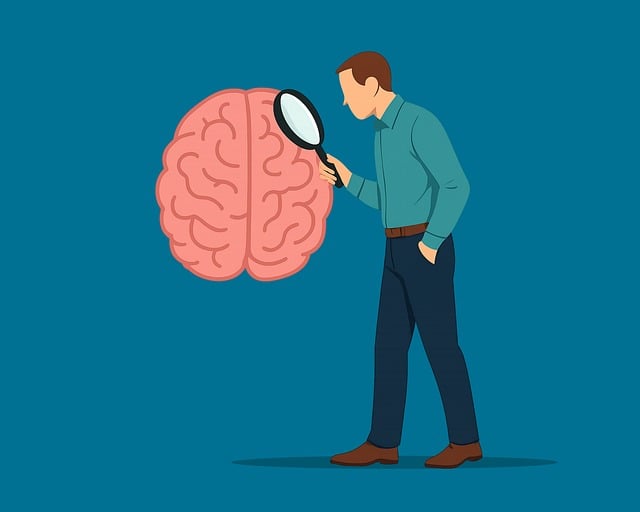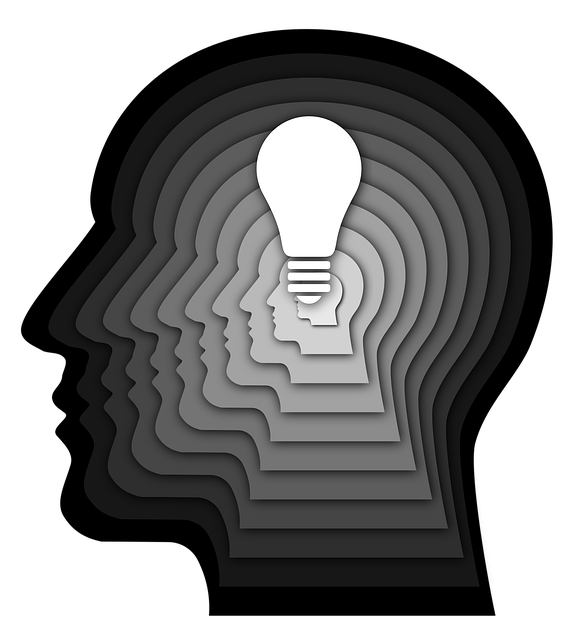Lafayette Chronic Pain Therapy emphasizes the crucial role of mental health education in today's stressful world, focusing on demystifying disorders, fostering open dialogue, and teaching coping strategies. Through evidence-based programs integrating emotional intelligence, mindfulness, and communication skills, individuals gain tools for managing stress, chronic pain, and overall well-being. A comprehensive evaluation system tracks both quantitative metrics (like satisfaction and attendance) and qualitative feedback to ensure program relevance and effectiveness, continually improving mental wellness initiatives like podcasts and workshops.
Mental health education programs play a pivotal role in fostering well-being and mitigating stigma. This article explores the design of such programs, focusing on Lafayette Chronic Pain Therapy as a case study. We delve into understanding mental health issues as a foundational step, followed by designing an effective program with key strategies and components. Practical considerations for implementation are discussed, along with evaluation methods to ensure success and continuous improvement. By integrating these elements, we can create impactful programs like the Lafayette Chronic Pain Therapy initiative.
- Understanding Mental Health Issues: A Foundation for Education
- Designing an Effective Program: Strategies and Components
- Implementing Lafayette Chronic Pain Therapy: Practical Considerations
- Evaluation and Continuous Improvement: Measuring Success and Adjusting the Program
Understanding Mental Health Issues: A Foundation for Education

Understanding mental health issues is a fundamental step in designing effective education programs. In today’s fast-paced world, where stress and chronic conditions like Lafayette Chronic Pain Therapy are prevalent, equipping individuals with knowledge about their minds and emotions is more crucial than ever. Mental health education should start by demystifying various disorders, breaking down stereotypes, and providing an open dialogue around sensitive topics. This foundation allows learners to recognize signs of distress in themselves and others, fostering empathy and early intervention.
By integrating topics like stress management workshops, mindfulness meditation, and emotional healing processes into educational curricula, students can develop coping strategies and resilience. These practices not only benefit overall well-being but also enhance productivity and relationships. Understanding mental health as a spectrum empowers individuals to seek support when needed, ensuring a healthier and more supportive environment for all, including those navigating Lafayette Chronic Pain Therapy or other challenges.
Designing an Effective Program: Strategies and Components

Designing an effective mental health education program requires a strategic approach that caters to the diverse needs of participants. At Lafayette Chronic Pain Therapy, we understand that each individual’s journey with mental health is unique. Therefore, our program design focuses on evidence-based strategies and components to ensure maximum impact.
Key elements include fostering emotional intelligence through interactive workshops, teaching mind over matter principles to enhance coping mechanisms, and providing confidence-boosting activities tailored to different demographics. By integrating these aspects, the program offers a holistic experience that not only educates but also empowers individuals to take charge of their mental well-being.
Implementing Lafayette Chronic Pain Therapy: Practical Considerations

Implementing Lafayette Chronic Pain Therapy requires careful consideration of practical aspects to ensure its effectiveness and accessibility. One key element is integrating communication strategies that foster open dialogue between patients and healthcare providers. Effective communication can significantly enhance mood management, enabling individuals to express their experiences and concerns openly, which in turn facilitates emotional healing processes.
Additionally, the program should offer educational sessions focused on understanding chronic pain, its triggers, and coping mechanisms. Equipping participants with knowledge about their condition empowers them to actively engage in their treatment. This holistic approach, combining communication strategies, mood management techniques, and emotional healing processes, forms the backbone of successful Lafayette Chronic Pain Therapy implementation, ultimately improving quality of life for those dealing with chronic pain.
Evaluation and Continuous Improvement: Measuring Success and Adjusting the Program

Effective mental health education program design includes a robust evaluation framework to measure success and identify areas for improvement. This involves collecting feedback from participants, tracking key performance indicators (KPIs), and analyzing the impact of the program on individual well-being and community resilience. At Lafayette Chronic Pain Therapy, we’ve found that combining quantitative data – such as satisfaction surveys and attendance rates – with qualitative insights from focus groups and one-on-one interviews offers a comprehensive view of program effectiveness.
Continuous improvement is fostered by regularly reviewing these evaluations and making data-driven adjustments to the curriculum and delivery methods. For instance, if the data highlights a particular topic or format that resonates strongly with participants, we incorporate those elements into future sessions. Similarly, if certain aspects prove less engaging, we adapt and refine them based on participant feedback. This iterative approach ensures our Community Outreach Program Implementation remains relevant, accessible, and impactful, ultimately enhancing mental wellness through initiatives like the Mental Wellness Podcast Series Production and Stress Management Workshops Organization.
Mental health education programs, as exemplified by the successful implementation of Lafayette Chronic Pain Therapy, are game-changers in fostering well-being. By understanding mental health issues and incorporating effective strategies, such programs can revolutionize care. The key lies in a holistic design that includes practical considerations, evaluation, and continuous improvement. Through these means, we can ensure that educational initiatives like Lafayette Chronic Pain Therapy enhance the lives of those they serve, providing lasting positive impacts on mental health and overall well-being.

